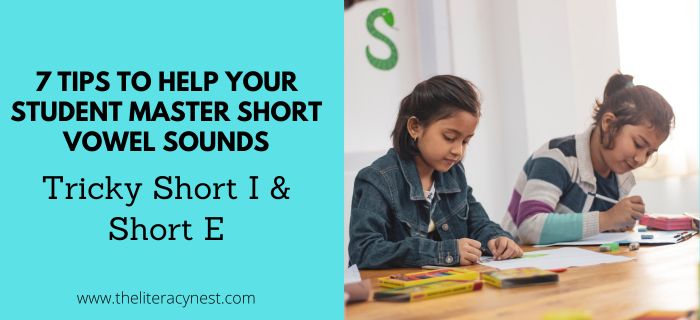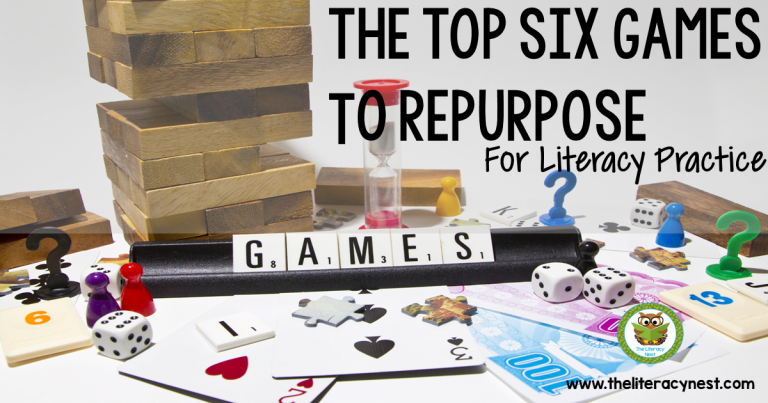7 Tips to Help Your Student Master Short Vowel Sounds: Tricky Short I and Short E!
One of the very first things students need to master happens to be one of the most difficult for many of them: the short vowel sounds. Short vowels are introduced very early in level one of an Orton-Gillingham lesson plan or with any reading intervention program for that matter. While every student is different, probably the most…


